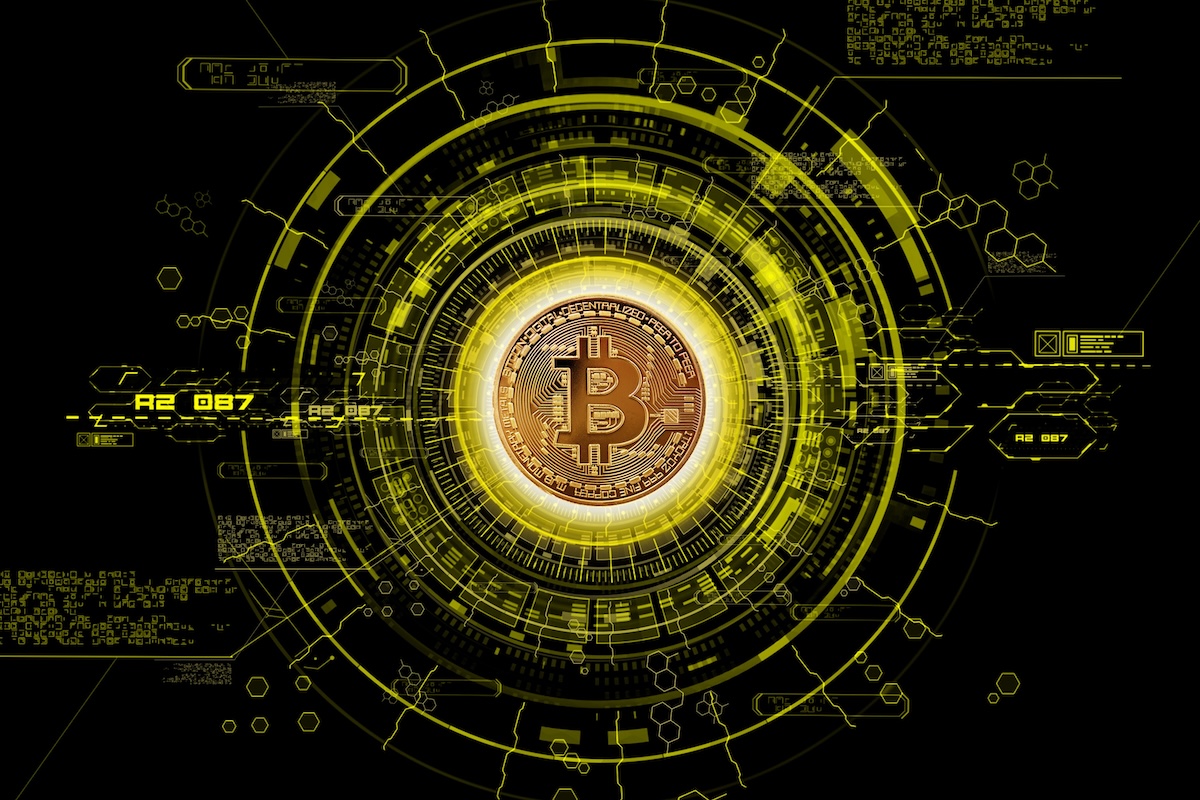The Diverse Applications of NFTs: Transforming Digital Ownership
Explore the revolutionary applications of NFTs and how they are transforming digital ownership. From art to gaming, NFTs are reshaping industries.

Introduction to NFTs
Non-fungible tokens (NFTs) have rapidly emerged as a groundbreaking innovation in the digital economy. Unlike traditional cryptocurrencies such as Bitcoin or Ethereum, NFTs are unique digital assets that represent ownership of a specific item, authenticated and secured by blockchain technology. This uniqueness and verifiable ownership have opened up a plethora of applications across various sectors. In this article, we will delve into the diverse applications of NFTs and how they are transforming digital ownership.
NFTs in Art and Collectibles
Revolutionizing the Art Market
NFTs have significantly impacted the art world by providing a new medium for artists to create, sell, and authenticate their work. Traditional barriers such as gallery fees and geographic limitations are being dismantled, allowing artists to reach a global audience directly.
Digital Art Sales: Platforms like OpenSea, Rarible, and SuperRare have become popular marketplaces where digital artists can mint and sell their creations as NFTs. High-profile sales, such as Beeple's "Everydays: The First 5000 Days," which sold for $69 million, have demonstrated the immense potential of NFTs in the art market.
Provenance and Authenticity: NFTs provide a transparent and immutable record of ownership and provenance, which helps in verifying the authenticity of digital artworks. This feature is crucial in combating art fraud and ensuring that artists receive rightful recognition and compensation for their work.
Collectibles and Digital Memorabilia
NFTs have also revolutionized the world of collectibles. Digital collectibles, such as trading cards, virtual pets, and memorabilia, can be bought, sold, and traded with the assurance of authenticity and scarcity.
Sports Memorabilia: Platforms like NBA Top Shot allow fans to purchase and trade officially licensed NBA collectible highlights. Each moment is minted as an NFT, providing fans with a unique piece of sports history.
Virtual Pets and Avatars: Games and virtual worlds are leveraging NFTs to create unique avatars, pets, and items that players can own and trade. Projects like CryptoKitties and Axie Infinity have popularized the concept of digital pets, each with distinct attributes and rarity.
NFTs in Gaming
Enhancing Player Ownership and Engagement
The gaming industry has embraced NFTs as a way to enhance player engagement and ownership. Unlike traditional in-game purchases, NFTs allow players to truly own their digital assets, which can be used, traded, or sold outside the game environment.
In-Game Assets: Games like Decentraland and The Sandbox enable players to buy, sell, and trade virtual land, buildings, and items as NFTs. These assets can appreciate in value, providing players with a potential financial return on their investments.
Interoperability: NFTs promote interoperability between games, allowing players to use their assets across different gaming platforms. For example, an NFT sword acquired in one game could potentially be used in another game, creating a more interconnected and versatile gaming ecosystem.
Play-to-Earn Models
Play-to-earn models, where players earn NFTs or cryptocurrency by participating in games, are gaining popularity. Axie Infinity is a prime example, where players breed, battle, and trade creatures called Axies. These Axies are NFTs that can be sold or traded, providing players with a tangible source of income.
NFTs in Music and Entertainment
New Revenue Streams for Artists
The music and entertainment industries are also exploring the potential of NFTs to create new revenue streams and enhance fan engagement.
Music Releases: Musicians can release exclusive tracks, albums, or concert tickets as NFTs. This allows artists to monetize their work directly and offer fans unique experiences. For instance, Kings of Leon released their album "When You See Yourself" as an NFT, which included special perks like limited-edition vinyl and front-row concert seats.
Fan Engagement: NFTs enable artists to offer exclusive content, behind-the-scenes access, and interactive experiences to their fans. This fosters a closer connection between artists and their audience, creating a sense of community and loyalty.
NFTs and the Casino Industry
The casino industry has also started exploring the potential of NFTs, particularly in online platforms. One notable example is the integration of NFTs in the online gambling platform, casino online MelBet.
Casino Online MelBet and NFTs
Casino online MelBet has incorporated NFTs to enhance the user experience and offer unique gaming opportunities. Players can acquire NFTs that represent exclusive bonuses, VIP access, or special in-game items. These NFTs can be traded or sold on secondary markets, adding a new layer of excitement and value to the online gambling experience.
By integrating NFTs, casino online MelBet aims to attract a tech-savvy audience and differentiate itself in the competitive online gambling market. The use of blockchain technology ensures transparency and security, addressing concerns about fairness and trust in online casinos.
NFTs in Real Estate
Virtual Real Estate
Virtual real estate is another innovative application of NFTs, where users can buy, sell, and develop parcels of virtual land in online environments.
Metaverses: Platforms like Decentraland and Cryptovoxels allow users to purchase virtual land as NFTs. Owners can develop their land by building virtual structures, hosting events, or creating interactive experiences. These virtual spaces can also generate income through leasing or selling.
Augmented Reality (AR): NFTs are being used to create AR experiences, where digital assets are superimposed onto the real world. This blend of physical and digital spaces offers unique opportunities for marketing, entertainment, and social interaction.
NFTs in Intellectual Property and Identity
Digital Identity and Personal Branding
NFTs can be used to establish and manage digital identities, providing a secure and verifiable way to authenticate personal information.
Personal Branding: Influencers and content creators can mint NFTs that represent their brand or exclusive content. This allows them to monetize their online presence and create a unique digital identity.
Credential Verification: NFTs can be used to verify educational credentials, professional certifications, and other important documents. This application ensures the authenticity and integrity of personal information in a digital format.
Conclusion
NFTs have demonstrated their versatility and potential across various industries, from art and gaming to music, entertainment, and even real estate. By providing a secure, transparent, and verifiable method of digital ownership, NFTs are transforming how we interact with digital assets and reshaping the digital economy. As technology continues to evolve, we can expect even more innovative applications of NFTs, further solidifying their role in the future of digital ownership.
Main Image Credit: Freepik





